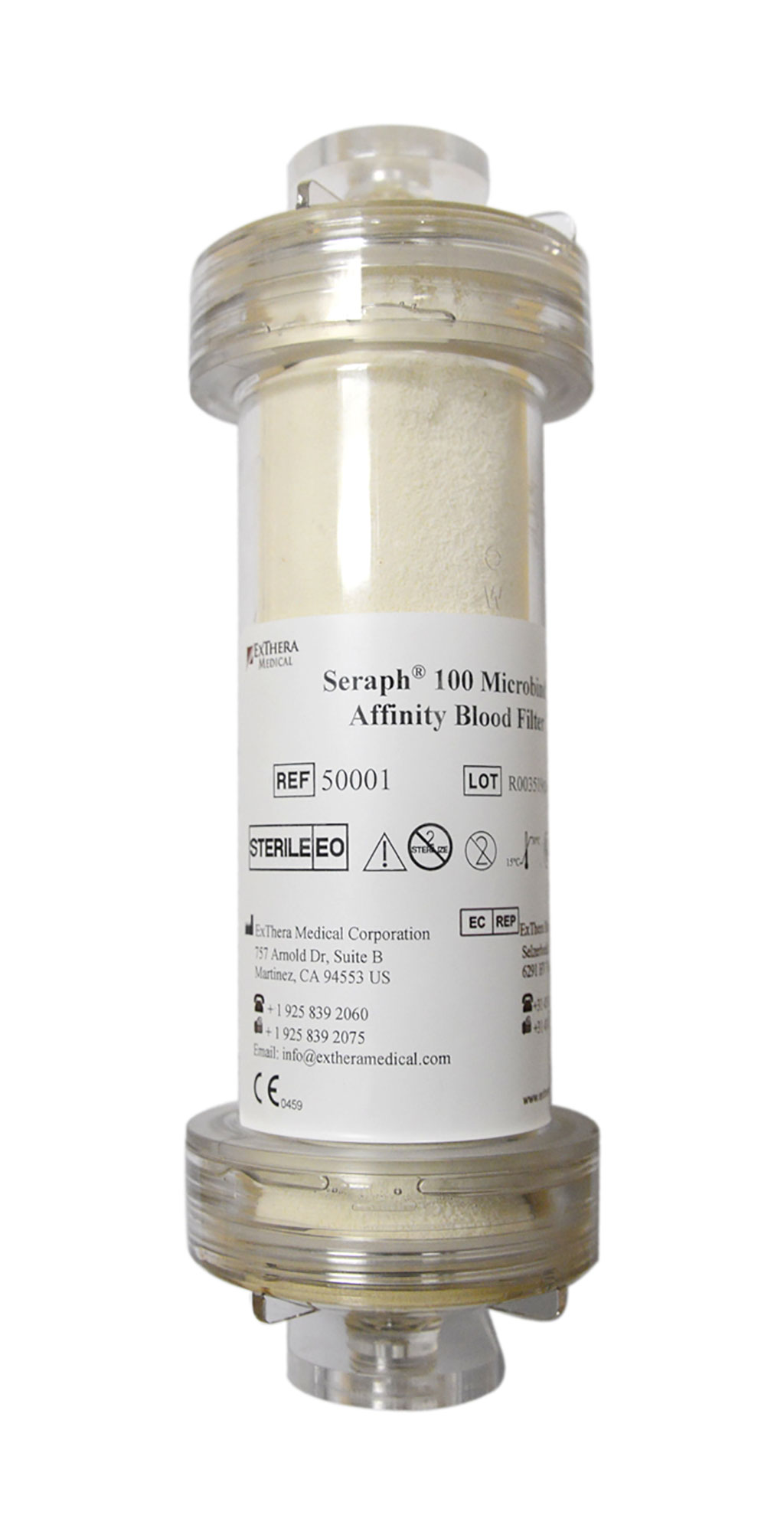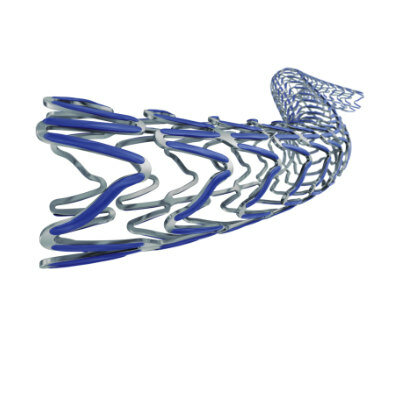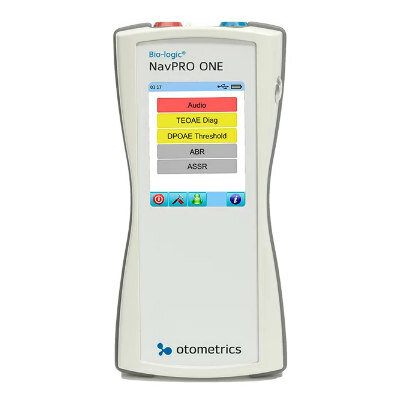Blood Filter Device Removes Circulating Tumor Cells in Pancreatic Cancer Patients 
|
By HospiMedica International staff writers Posted on 17 Jul 2023 |

Pancreatic Ductal Adenocarcinoma (PDAC), a type of pancreatic cancer, is predicted to be the second most common cause of cancer-related fatalities by 2030. Circulating Tumor Cells (CTCs), cancer cells that break away from a primary tumor and enter the bloodstream, are responsible for metastatic cancer. This form of cancer is often resistant to standard treatments such as chemotherapy, radiation, and immunotherapy, making it particularly difficult to treat. The presence of CTCs in blood correlates with the outcomes of metastatic cancer. Preliminary methods that extract CTCs from the bloodstream have shown promising results in animal trials, implying that reducing CTCs in the blood might slow or prevent metastasis. Now, an extracorporeal blood filter procedure can remove CTCs from the bloodstream of patients suffering from PDAC, offering an important tool for treating this lethal cancer with a low 5-year survival rate.
ExThera Medical’s (Martinez, CA, USA) OncoBind extracorporeal blood filter procedure, based on its Seraph 100 Microbind Affinity Blood Filter, has proven successful in removing metastatic circulating tumor cells in several in vitro models. As the patient's blood flows through the OncoBind Blood Filter, it passes over beads with receptors that imitate those on human cells that are targeted by pathogens and CTCs for attachment and colonization. The CTCs are then captured and adsorbed to the beads’ surface, effectively removing them from the bloodstream. Like the Seraph 100, the OncoBind system does not introduce anything foreign into the blood. OncoBind, similar to Seraph's adsorption media (the beads), represents a versatile platform that uses immobilized (chemically bonded) heparin due to its proven blood compatibility and its unique ability to bind CTCs. The U.S. Food and Drug Administration (FDA) has approved an Investigational Device Exemption (IDE) application for ExThera’s OncoBind extracorporeal blood filter procedure.
“Seraph technology has an excellent safety record in more than 2,500 clinical treatments performed globally, of bacterial, viral, and fungal bloodstream infections,” said Bob Ward, Ph.D. (h)., NAE, the CEO & a founder of ExThera Medical. “We are pleased to begin an important new clinical trial, and ecstatic that FDA has approved our recent IDE application. If ExThera’s technology captures CTCs in the clinical setting, as it has in the laboratory, the potential is enormous, adding another much-needed tool to the arsenal for treating PDAC, a lethal cancer with a low 5-year survival rate.”
Related Links:
ExThera Medical
Latest Critical Care News
- Novel Cannula Delivery System Enables Targeted Delivery of Imaging Agents and Drugs
- Ingestible Smart Capsule for Chemical Sensing in the Gut Moves Closer to Market
- Novel Intrabronchial Method Delivers Cell Therapies in Critically Ill Patients on External Lung Support
- Generative AI Technology Detects Heart Disease Earlier Than Conventional Methods
- Wearable Technology Predicts Cardiovascular Risk by Continuously Monitoring Heart Rate Recovery
- Wearable Health Monitoring Device Measures Gases Emitted from and Absorbed by Skin
- Groundbreaking Technology Rapidly Detects Airborne Influenza Viruses
- Handheld Device Could Transform Heart Disease Screening
- Flexible Semi-Autonomous Robot Could Deliver Medicine Inside Body

- Neurorestorative Treatment Strategies Hold Promise for Most Severe Forms of Epilepsy
- Gene Discovery Could Help Grow New Heart Arteries
- Study Discovers Invisible Transmission of Common Hospital-Associated Infection
- Non-Invasive Neuro-Ophthalmology Techniques Could Detect Brain Tumors Earlier
- Mass Manufactured Nanoparticles to Deliver Cancer Drugs Directly to Tumors
- World’s Smallest Pacemaker Fits Inside Syringe Tip

- AI-Powered, Internet-Connected Medical Devices to Revolutionize Healthcare, Finds Study
Channels
Surgical Techniques
view channel
Pioneering Sutureless Coronary Bypass Technology to Eliminate Open-Chest Procedures
In patients with coronary artery disease, certain blood vessels may be narrowed or blocked, requiring a stent or a bypass (also known as diversion) to restore blood flow to the heart. Bypass surgeries... Read more
Intravascular Imaging for Guiding Stent Implantation Ensures Safer Stenting Procedures
Patients diagnosed with coronary artery disease, which is caused by plaque accumulation within the arteries leading to chest pain, shortness of breath, and potential heart attacks, frequently undergo percutaneous... Read more
World's First AI Surgical Guidance Platform Allows Surgeons to Measure Success in Real-Time
Surgeons have always faced challenges in measuring their progress toward surgical goals during procedures. Traditionally, obtaining measurements required stepping out of the sterile environment to perform... Read morePatient Care
view channel
Portable Biosensor Platform to Reduce Hospital-Acquired Infections
Approximately 4 million patients in the European Union acquire healthcare-associated infections (HAIs) or nosocomial infections each year, with around 37,000 deaths directly resulting from these infections,... Read moreFirst-Of-Its-Kind Portable Germicidal Light Technology Disinfects High-Touch Clinical Surfaces in Seconds
Reducing healthcare-acquired infections (HAIs) remains a pressing issue within global healthcare systems. In the United States alone, 1.7 million patients contract HAIs annually, leading to approximately... Read more
Surgical Capacity Optimization Solution Helps Hospitals Boost OR Utilization
An innovative solution has the capability to transform surgical capacity utilization by targeting the root cause of surgical block time inefficiencies. Fujitsu Limited’s (Tokyo, Japan) Surgical Capacity... Read more
Game-Changing Innovation in Surgical Instrument Sterilization Significantly Improves OR Throughput
A groundbreaking innovation enables hospitals to significantly improve instrument processing time and throughput in operating rooms (ORs) and sterile processing departments. Turbett Surgical, Inc.... Read moreHealth IT
view channel
Printable Molecule-Selective Nanoparticles Enable Mass Production of Wearable Biosensors
The future of medicine is likely to focus on the personalization of healthcare—understanding exactly what an individual requires and delivering the appropriate combination of nutrients, metabolites, and... Read more
Smartwatches Could Detect Congestive Heart Failure
Diagnosing congestive heart failure (CHF) typically requires expensive and time-consuming imaging techniques like echocardiography, also known as cardiac ultrasound. Previously, detecting CHF by analyzing... Read moreBusiness
view channel
Expanded Collaboration to Transform OR Technology Through AI and Automation
The expansion of an existing collaboration between three leading companies aims to develop artificial intelligence (AI)-driven solutions for smart operating rooms with sophisticated monitoring and automation.... Read more
















